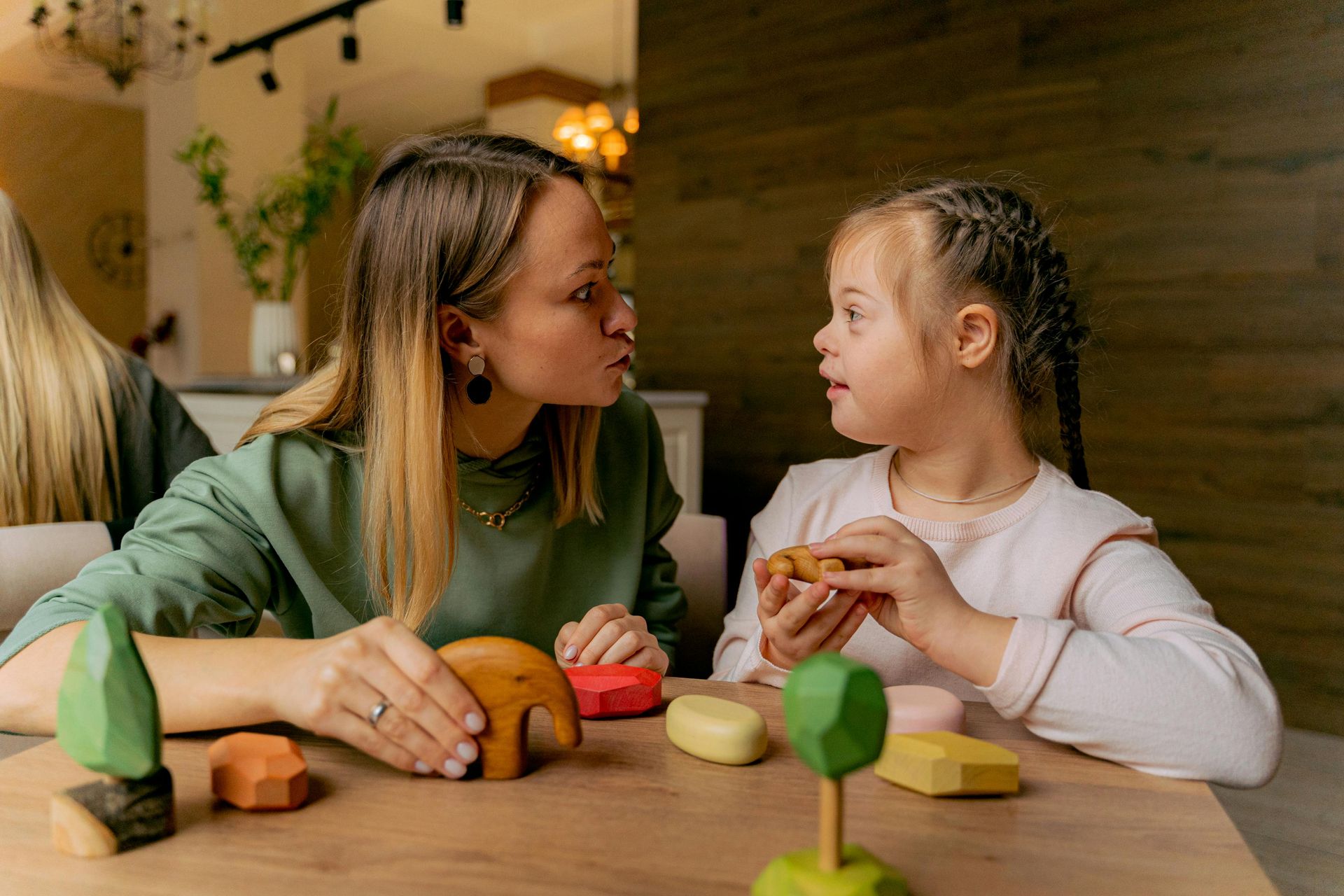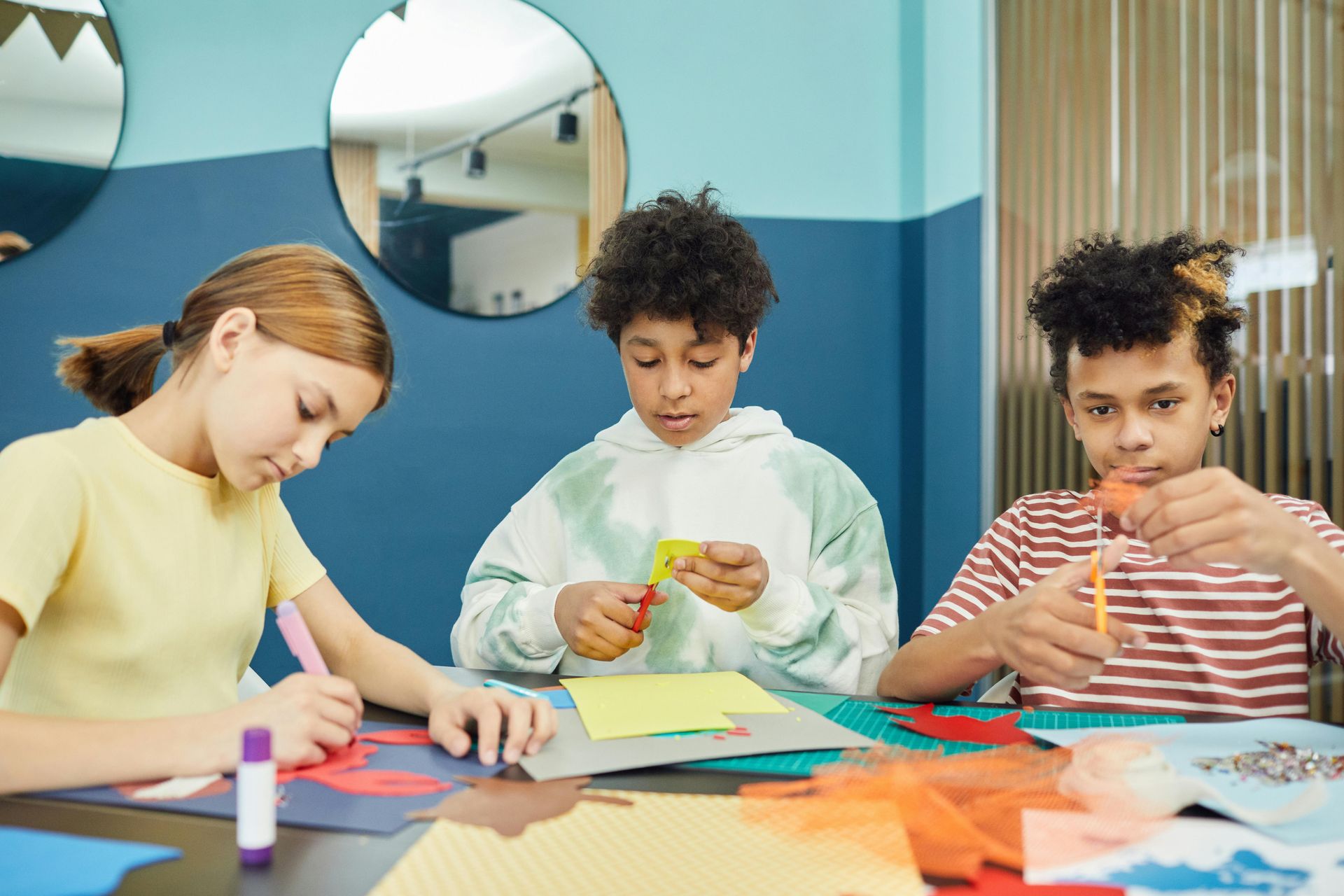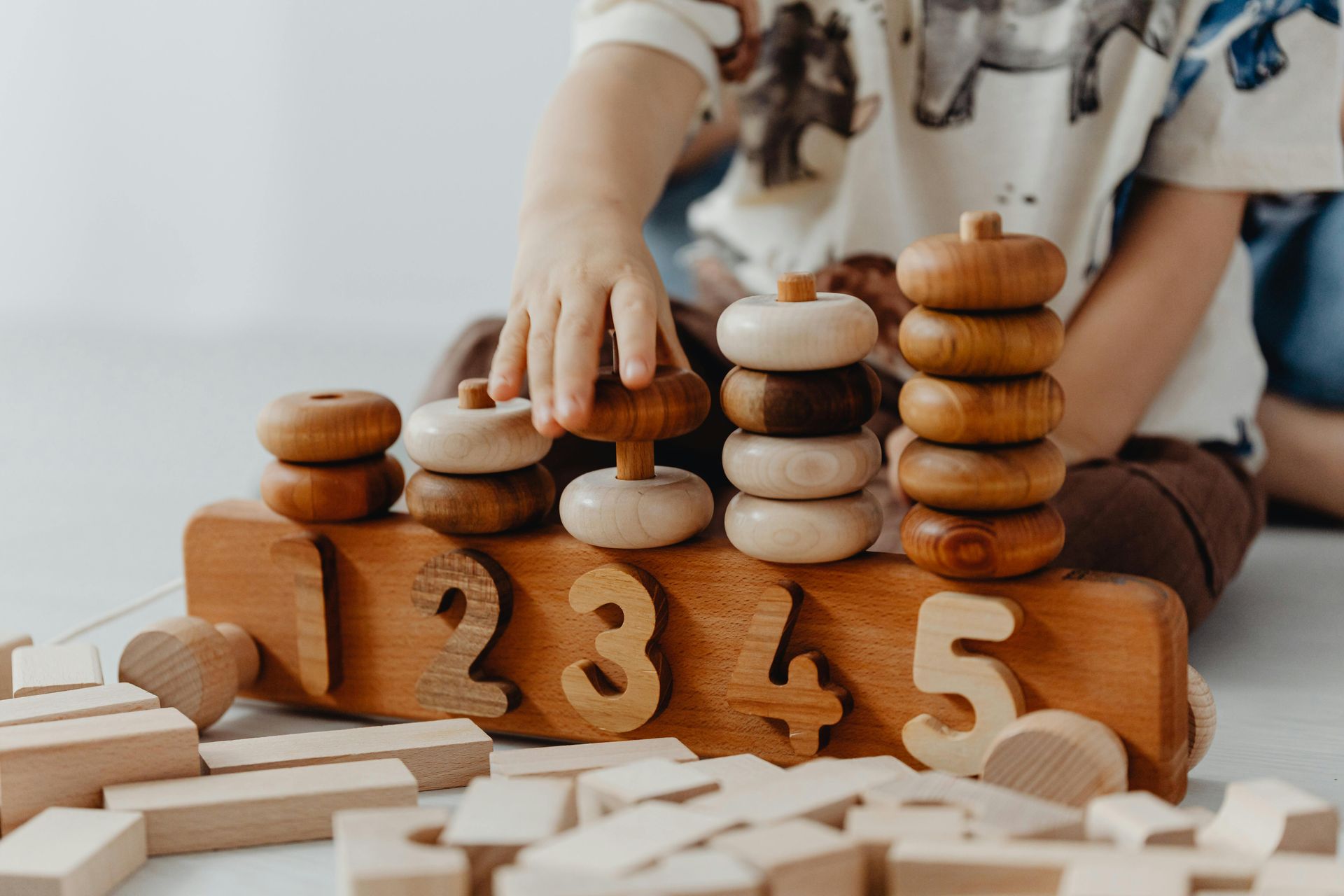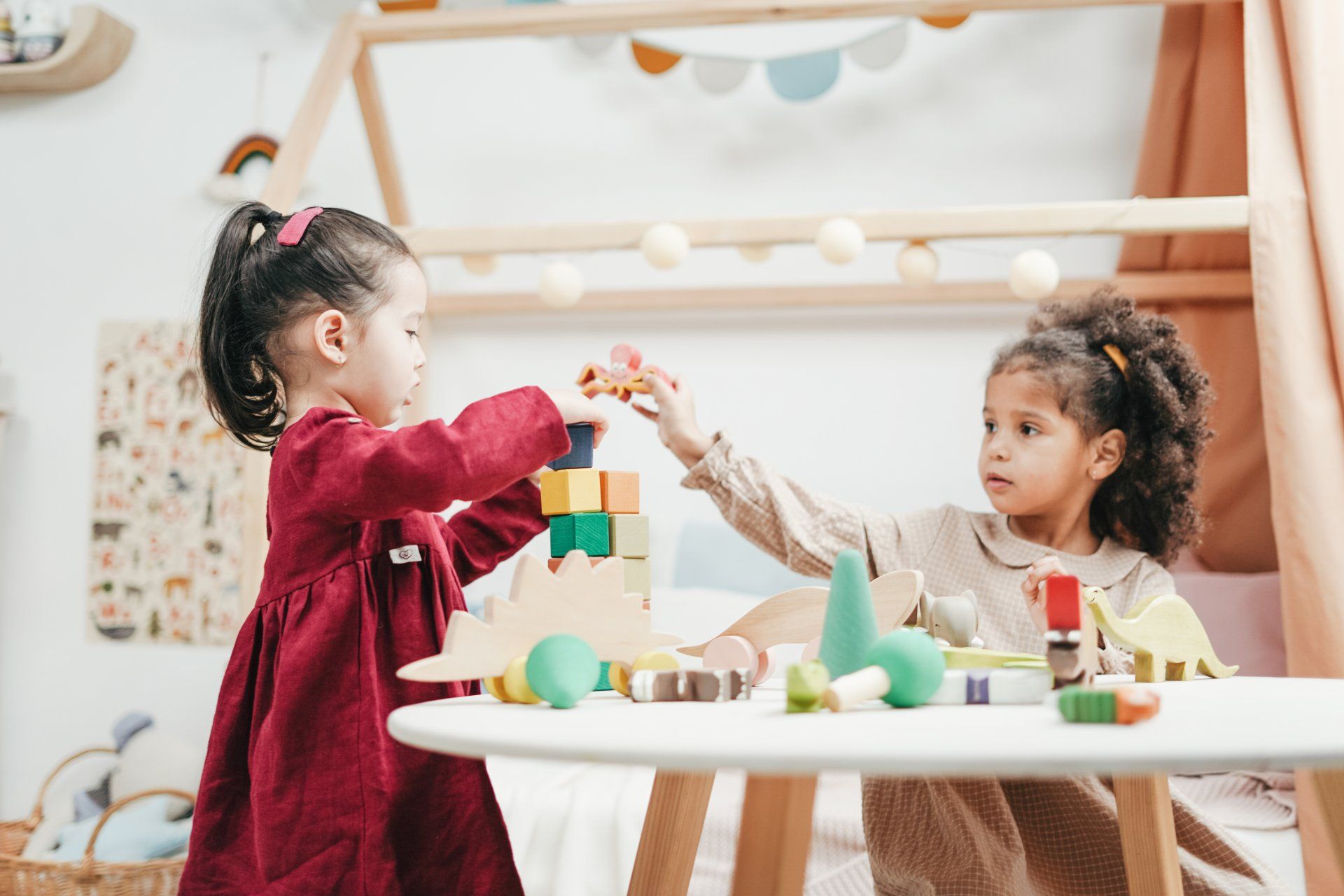How Play-Based Learning Supports Early Childhood Development
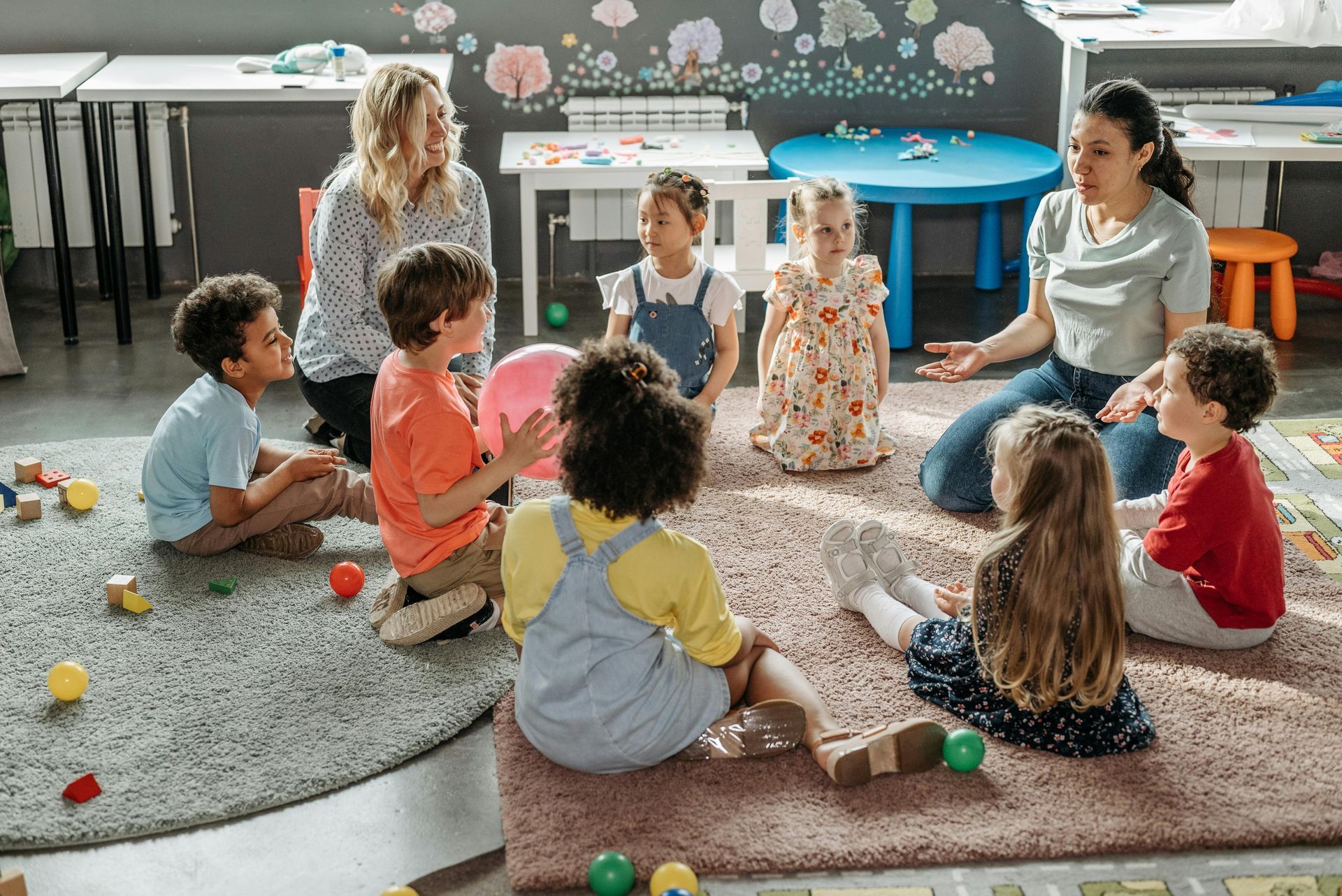
Play is often seen as just fun, but for young children, play is a vital tool for learning and development. At Kid’s Avenue Learning Center, we recognize the power of play-based learning, where children actively engage in activities that promote their cognitive, social, emotional, and physical development. Through play, children are not only entertained but are also building essential skills that will support their academic and personal growth.
What is Play-Based Learning?
Play-based learning is an approach to education that allows children to learn through hands-on experiences, exploration, and interaction with their environment. Rather than focusing on formal instruction, play-based learning emphasizes the role of play in stimulating curiosity and fostering creativity. Play provides a natural context for children to learn, as they make connections between new experiences and existing knowledge.
At Kid’s Avenue, our curriculum is designed around the principles of play-based learning. We provide children with a variety of materials, tools, and opportunities for creative expression, allowing them to engage in purposeful play that encourages cognitive development and critical thinking.
The Cognitive Benefits of Play
One of the key benefits of play-based learning is its impact on cognitive development. Through play, children develop essential problem-solving skills, learn to think critically, and gain a deeper understanding of cause and effect. For example, building with blocks or creating art projects helps children learn about spatial relationships, shapes, and patterns. These hands-on experiences foster creativity and allow children to explore abstract concepts in a concrete way.
Play also supports language development, as children engage in conversations, tell stories, and follow instructions during their play. By interacting with their peers and teachers, children learn new vocabulary, improve their communication skills, and develop the ability to express themselves clearly.
Social and Emotional Growth Through Play
Play provides children with opportunities to develop social and emotional skills. As children engage in group play, they learn to share, take turns, negotiate, and cooperate with others. These social interactions help children build friendships, understand emotions, and navigate conflicts. In addition, role-playing activities allow children to explore different perspectives, fostering empathy and understanding.
For example, pretend play, such as playing house or acting out a story, encourages children to express their emotions and explore different roles in a safe, imaginative setting. This type of play helps children process their own experiences and develop emotional resilience.
Physical Development and Motor Skills
Play also contributes to physical development, particularly through activities that promote fine and gross motor skills. Whether it’s running, jumping, building with blocks, or drawing, physical play supports muscle development, coordination, and overall body awareness. Activities like playing with clay, stacking blocks, or using scissors to cut shapes improve fine motor skills, while outdoor games like climbing or running enhance gross motor abilities.
Through physical play, children also learn about their bodies, how to control movement, and how to engage with their environment in a safe way. This physical activity is crucial for overall health and well-being and is integral to the holistic development of a child.
The Role of Teachers in Play-Based Learning
While play is child-driven, teachers at Kid’s Avenue play a crucial role in facilitating play-based learning. Our educators observe children as they play, guide their learning, and provide appropriate support. Teachers introduce new materials, set up engaging activities, and offer prompts to encourage deeper thinking and exploration. They also create a rich and stimulating environment that fosters curiosity, exploration, and creativity.
Teachers guide play to ensure that it aligns with the developmental goals of the curriculum. They ask open-ended questions, encourage children to explore new ideas, and provide feedback that helps children make connections between their play and the learning objectives.
Conclusion: Play is the Foundation for Lifelong Learning
At Kid’s Avenue Learning Center, we believe that play is one of the most powerful tools for early childhood development. Through play, children develop the cognitive, emotional, and physical skills they need to succeed in school and in life. By fostering a play-based learning environment, we ensure that each child has the opportunity to explore, create, and learn in a fun, supportive, and enriching setting.
